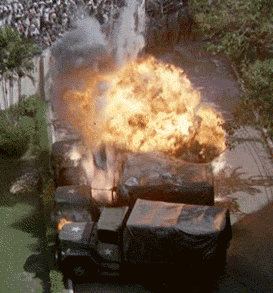Our Child Soldiers Campaign
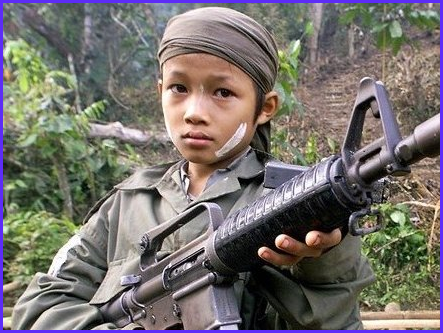


The use of children in warfare is unthinkable to most of us nowadays.
However, the use of children in frontline warfare began on a significant scale with the advent of gunpowder - which in our history is relatively modern times.
Young boys were used, mostly aboard ships, to help reload cannons and transport gunpowder from storage during battles. Many of them were killed in battle.
These boys were called 'Powder Monkeys' and were used in warfare even during the American Civil War.
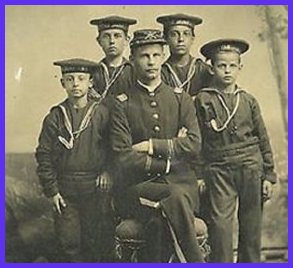

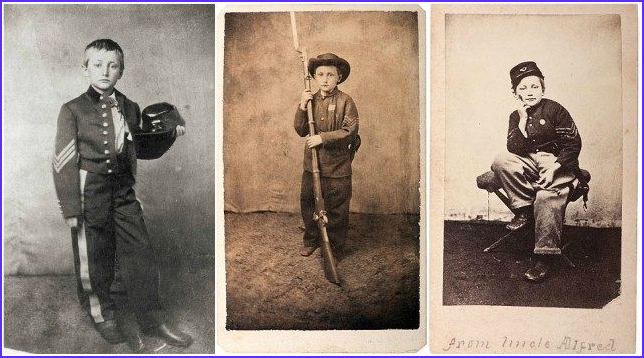
In the American Civil War boys were even deployed on the battlefield, usually as drummer boys, but sometimes in combat roles. This was Sergeant Johnny Clem who was 12 years old at the time of these photos and who served in the Union Army in battle.
With modern weapons even a child can pull a trigger so the practice has continued.
Boosting troop numbers with child recruits carries on and far too little is done about it.
Children can be dragged into any conflict where they are targeted by armed forces who have no respect for the innocence of children.
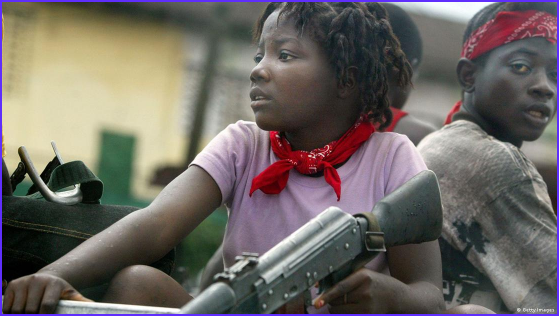
Some military commanders have no respect for gender either - young girls are recruited in many conflicts.
The UN outlawed the use of children in military conflicts in their first Optional Protocol on the 25 May, 2000.
Even long before this, Article 50 of the Geneva Convention IV in 1949 forbids the recruitment of children in warfare but it has broadly failed to deliver.
To update this failure with an 'optional' protocol is not good enough and the UN must make this protocol compulsory.

Child Soldiers started aboard ships.
This Campaign in Summary
1. The UN Protocol of May 25th, 2000, should be compulsory.
2. The ICC should introduce a fast-track system to issue International Arrest Warrants for military commanders whose forces have recruited children.
CAMACA knows that this is a long-haul campaign - as is our Child Labour Campaign - but it's the right thing to do, and we have to start somewhere.
Legal Disclaimer: CAMACA accepts no legal responsibility for anyone who does not follow our Campaigning Guidelines. ©2024 by CAMACA.


















